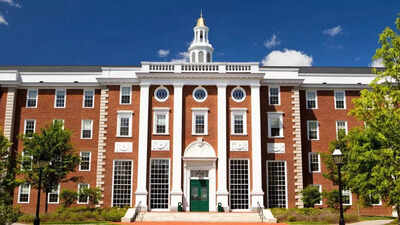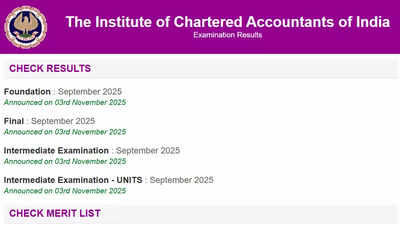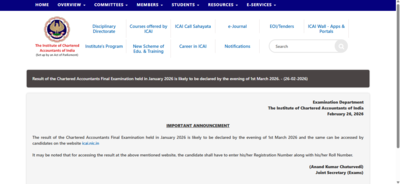Harvard graduate student union pushes for academic freedom protections in new contract proposal

The Harvard Graduate Students Union–United Auto Workers (HGSU-UAW) has proposed new contract provisions to secure academic freedom protections for graduate student workers, a move that could set a precedent for higher education labor agreements nationwide.The proposal, presented to University negotiators during a Thursday bargaining session, seeks to establish Harvard’s first centralized definition of academic freedom covering teaching, research, and creative expression. According to The Harvard Crimson, the union’s language would guarantee graduate workers the “freedom to present and discuss all relevant matters in and beyond the classroom, to explore all avenues of scholarship, research, and creative expression, and to speak or write without any censorship, threat, restraint, or discipline by the University with regard to the pursuit of truth.”
Extending protections beyond workplace issues
If adopted, the measure would expand collective bargaining at Harvard beyond wages, healthcare, and benefits, placing intellectual and scholarly freedoms on the negotiating table. Similar clauses have been won by graduate unions at Yale, Cornell, Tufts, and Johns Hopkins in contracts ratified since 2023, while unions at Columbia and Brown are preparing to push for them in upcoming rounds.At Harvard, the non-tenure-track faculty union previously advanced a comparable proposal in late 2023, but the University rejected it in May. The graduate union’s latest attempt suggests growing momentum to codify academic freedom in labor contracts.
Confidentiality and course evaluation provisions
The proposal also includes new safeguards against online harassment and biased feedback. Graduate instructors would be able to request confidentiality for their teaching and research, and could remove course evaluations that critique them for exercising protected academic freedom.Union bargaining committee member Lindsey E. Adams told The Harvard Crimson that these protections aim to “keep discourse on the campus open so that everyone can learn and grow,” while shielding graduate workers from doxxing and targeted attacks.
Concerns amid campus tensions
Fears of harassment have intensified at Harvard since October 2023, when pro-Palestine student activists were doxxed following the Hamas attack on Israel. The University responded with new anti-doxxing guidelines, but students and faculty say concerns persist.A January report from Harvard’s Faculty of Arts and Sciences also found that many teaching fellows fear giving critical feedback to undergraduates, worried poor evaluations could jeopardize their career prospects.
Harvard’s response and federal backdrop
A Harvard spokesperson declined to comment on the proposal. However, union representatives told The Harvard Crimson that administrators said they would take the academic freedom plank under consideration.The HGSU-UAW is also pressing for contract language requiring Harvard to bargain over the impact of federal changes to immigration and higher education policy — a provision aimed at protecting international students and diversity programs, which have faced heightened scrutiny under the Trump administration. These demands are less likely to succeed, but the academic freedom protections are seen as more attainable.
What comes next
Negotiations remain ongoing. Alongside academic freedom, the union is continuing to push for third-party arbitration in harassment cases, mandatory representation fees, and the reinstatement of more than 900 graduate workers recently excluded from its bargaining unit.If Harvard accepts the proposal, it would mark the University’s first institution-wide definition of academic freedom — and potentially set a standard for graduate labor contracts across the U.S.





